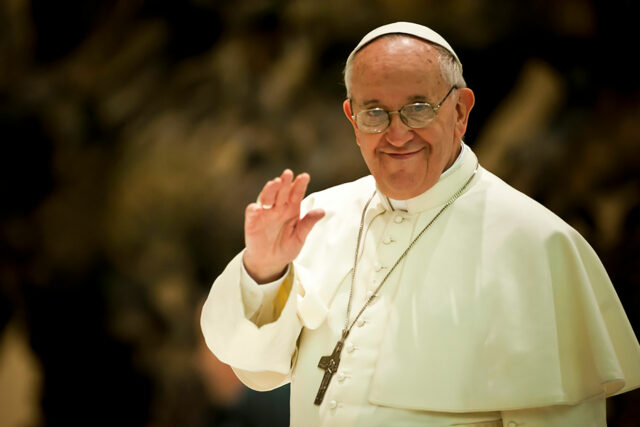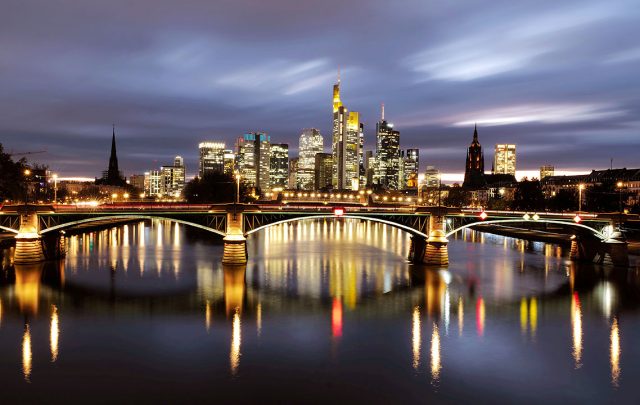Lakers vs Nuggets
Nineteen thousand nine hundred ninety-eight backsides were in seats at the Ball Arena last Saturday, and with reason. The Nuggets were laying a nine-game winning streak on the line against the rival Lakers, and fans figured another blowout was in the offing. Not that they were engaging in wishful thinking; after all, it was no exaggeration to argue that they had been having their way against the purple and gold in recent memory. Thirteen of their last 14 set-tos had ended in victory, and, given their recent bout with success, there was cause to remain confident of their chances.
At the same time, the Nuggets knew danger lurked in the shadows. Their recent spate of triumphs notwithstanding, no less than head coach Michael Malone believed they had far too many frailties for comfort. From his vantage point, they were being propped up by outstanding offense; meanwhile, their effort on the other end of the floor left much to be desired. And it wasn’t as if they were running roughshod over the league elite; in fact, they put up their winning skein versus seeming also-rans. And while there was something to be said about their capacity to take care of business when facing opponents with losing slates, the flipside elicited concern from their brain trust.
True enough, the Nuggets ultimately found themselves absorbing their first regular season setback against the Lakers in close to three years. And considering that they never got to taste the lead from opening tip en route to a 23-point shellacking, the shock emanating from the outcome became all the more pronounced. They never got into a rhythm, with reigning Most Valuable Player awardee Nikola Jokic arguably coming up with his worst game in their 2024-25 campaign to date.
Certainly, the Lakers deserve credit for coming up with a strategy that flummoxed the hosts to no end. If nothing the Nuggets did — or tried to do — worked with consistency, it was because they were outhustled in practically every play. In the aftermath, rookie bench tactician JJ Redick admitted that he spent an inordinate amount of time prepping for the match; needless to say, treating it as much more than just another stop in a protracted schedule benefited his charges. And he was right to have done so, exorcising demons in the process.
In any case, the Nuggets will definitely be more prepared when they face the Lakers anew in two and a half weeks. Not for nothing have they been among the best of the best in the NBA in the Jokic era. And, more than anything else, they have pride; they hate losing, and especially against their immediate past tormentors. Which is to say a humdinger awaits.
Anthony L. Cuaycong has been writing Courtside since BusinessWorld introduced a Sports section in 1994. He is a consultant on strategic planning, operations and human resources management, corporate communications, and business development.











